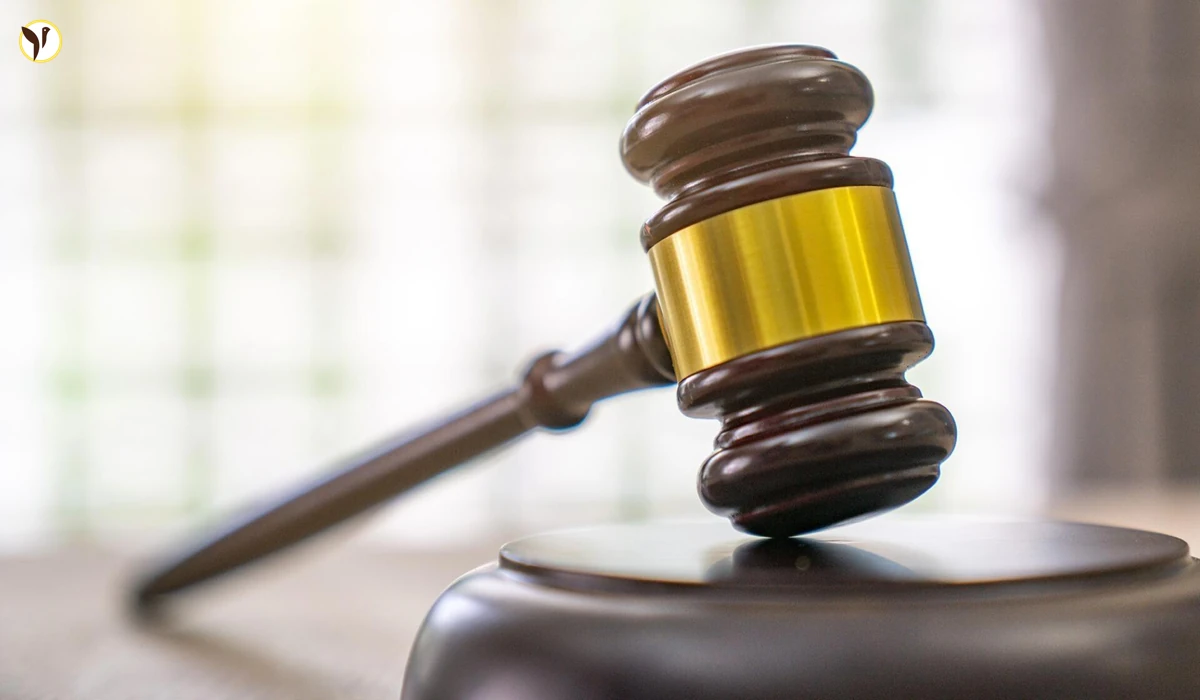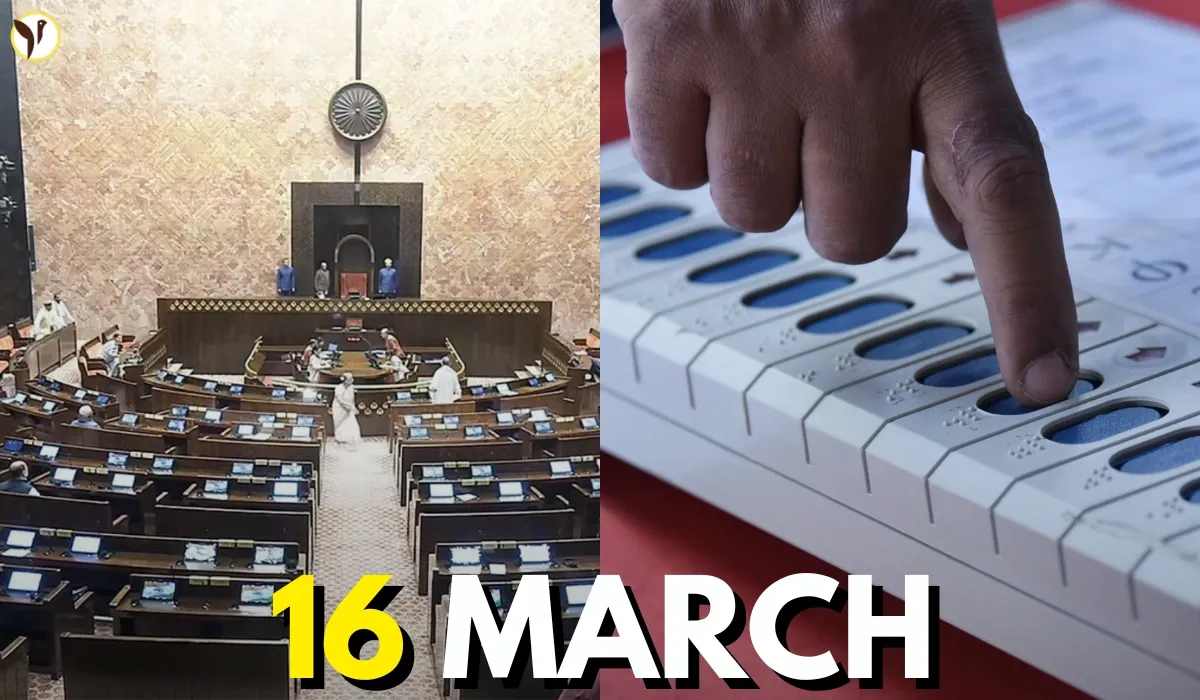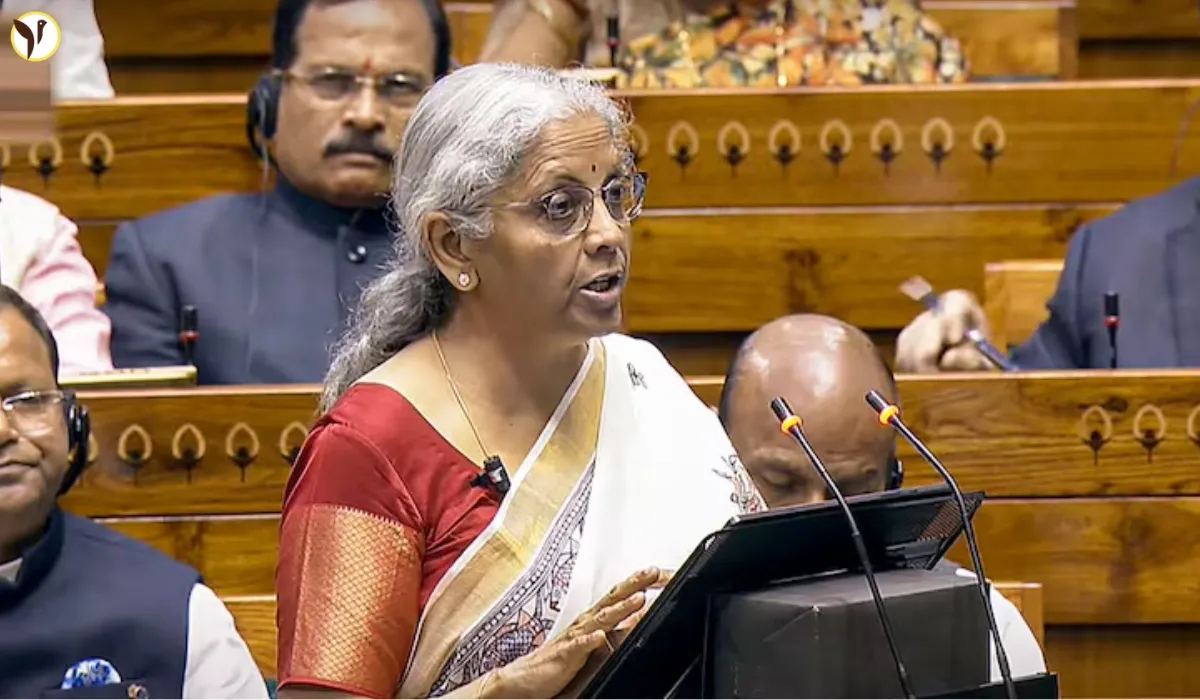Ashli Babbitt and the $5 Million Settlement: A Twisted Tale
Okay, so you've heard about the $5 million settlement the Trump administration just coughed up to Ashli Babbitt's family, right? It's wild, and honestly, it feels like we're living in some bizarre alternate reality. This article dives into that, plus the weird connections to other current political craziness. Seriously, it’s a wild ride.
The Babbitt Settlement: What Happened?
Ashli Babbitt, a Trump supporter, was shot and killed during the January 6th Capitol riot while trying to climb through a window into the Speaker's Lobby. The officer who shot her, Lt. Michael Byrd, was cleared of wrongdoing – the official story was self-defense. But her family sued, claiming excessive force and negligence by the Capitol Police.
Now, fast forward – the Justice Department, under the Biden administration, agreed to a nearly $5 million settlement. Five million dollars. That's a huge amount, especially considering the officer was already cleared.
What’s even more troubling, in my opinion, is that Capitol Police Chief Tom Manger publicly stated his disappointment with the decision. He felt it set a dangerous precedent for law enforcement. I mean, can you imagine the impact this has on officers who are literally putting their lives on the line?
The Bigger Picture: False Equivalences and Political Games
This settlement isn't just about Babbitt. It's wrapped up in a larger, disturbing pattern of what some see as attempts to rewrite history and undermine the rule of law. I've been following this closely, and it's alarming.
- The Jan 6th Defendants vs. Venezuelan Detainees: Think about the stark contrast between how those charged with attacking the Capitol were treated versus the situation of the Venezuelans who were deported under questionable circumstances. One group got due process; the other, not so much.
- Stephen Miller's Role: Stephen Miller, a key figure in the Trump administration, is accused of using these kinds of false equivalences – comparing "innocent Americans" (those charged in Jan 6th) to actual terrorists (the Venezuelans) – to push his agenda. I find that unbelievably cynical.
- The Role of the Justice Department: The DOJ's actions, including this settlement and other related decisions, have raised serious questions about consistency and the pursuit of justice.
It all feels deeply unsettling. Is this a simple case of settling a lawsuit to avoid a potentially costly trial, or is there more to it? It seems like a deliberate strategy to downplay the seriousness of the January 6th attack, which was an assault on democracy itself.
What Now?
The Babbitt settlement has ignited a firestorm of debate. Was it a just resolution, or a political calculation designed to appease a certain segment of the population? The answer, frankly, isn't simple. But the sheer amount, the timing, and the context in which it happens...it all screams of something far bigger than just a financial agreement.
I encourage you to form your own opinion. Do some research, look at the evidence, and then ask yourself: what kind of message are we sending when we handle situations like this in this way?









